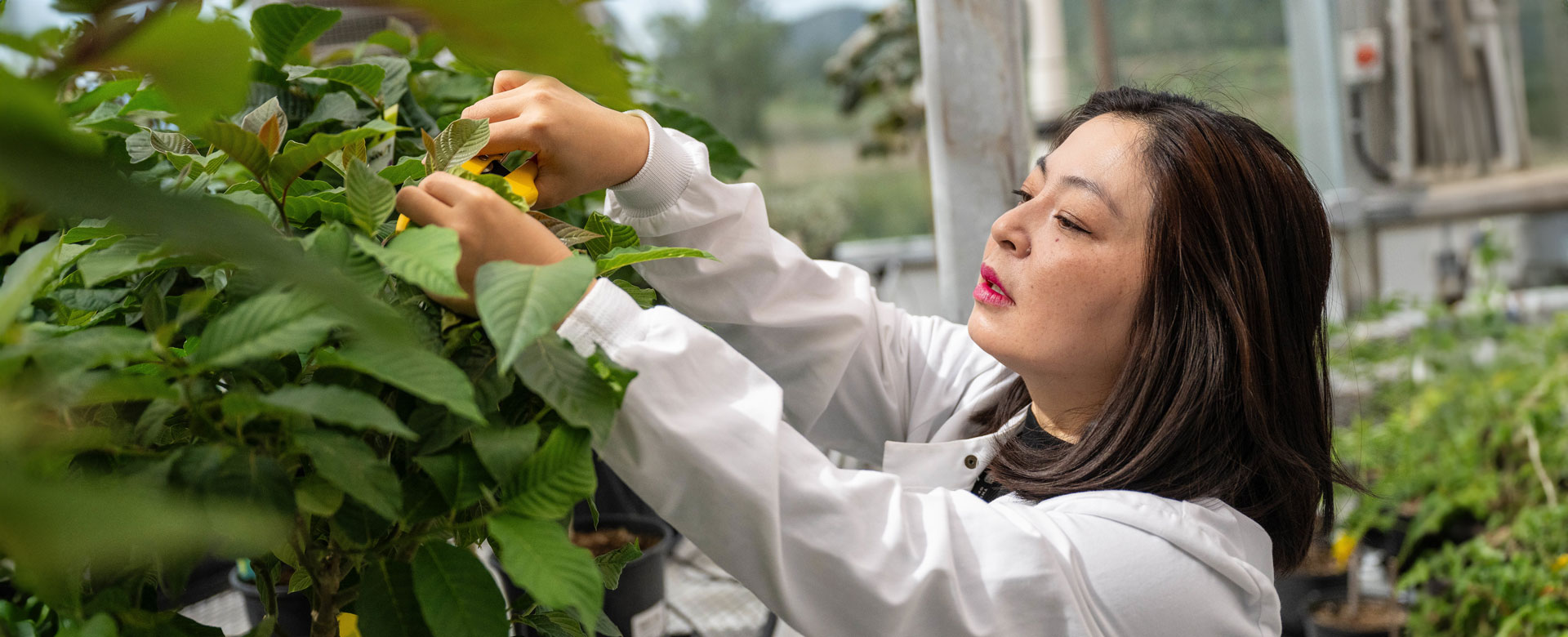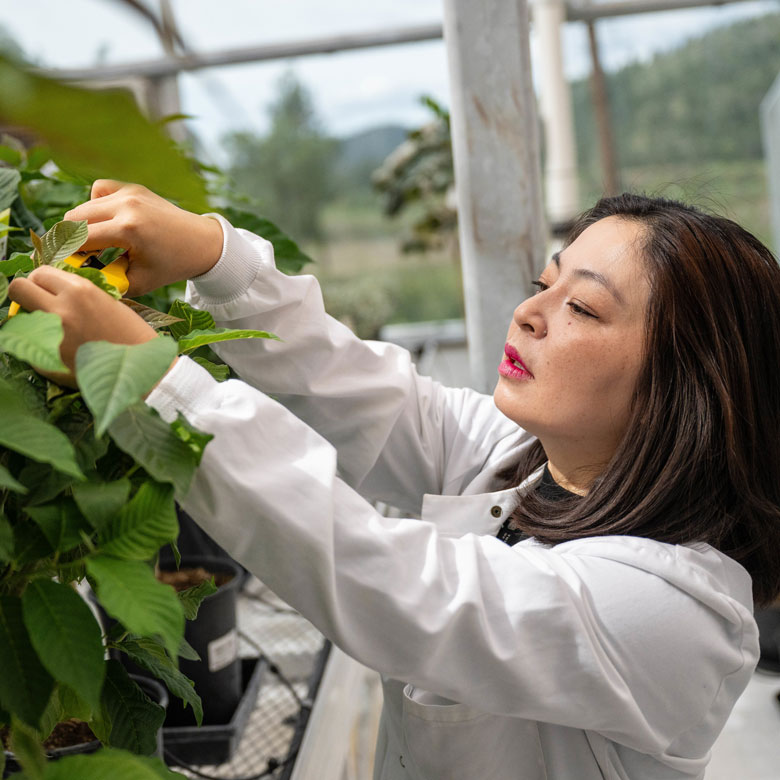Types of experiential education at UBC Okanagan
Every experiential education opportunity at UBCO broadly falls under five clusters and seeks to include
- the purposeful involvement and expertise of educators;
- the direct experience or engagement by learners;
- an intentional approach to teaching and learning through experiences;
- critical reflection by learners; and
- relational opportunities for engagement and accountability.
The five clusters of experiential education activities are
- Students engage in experience-based research in order to solve a particular problem or gather data. The research is guided by or otherwise collaboratively developed with faculty input, and may involve a partner organization, community and/or company.
- Examples of applied research experiences include
- Consulting projects
- Design projects
- Community-based research, fieldwork or public scholarship
An opportunity where participant experiences are an integral part of a credit-based course.
The purpose is to allow students to practice and engage directly with course concepts, skills and values to understand them more deeply.
Examples of classroom-based and developmental pedagogies include
- Case studies
- Labs
- Simulations
- Project-based group work
- Debates
- Rehearsals
- Entrepreneurial activities
A form of learning where students gain valuable experience working in the community, with community members and leaders, or through community informed lenses and practices.
Community engaged learning situates community members as teachers, leaders, experts, mentors and facilitators
Examples of community-engaged learning include
- Service learning
- Civic learning
- Justice learning
- Public scholarship
- Facilitated volunteer placements
Land and place-based learning broadly includes pedagogies that involve deep intentional, reflective, historical, spiritual and/or physical engagement with the situated place where students are learning.
Land and place can include wilderness areas, but also engagement with urban and architectural understandings of place, and Indigenous knowledges that are inextricably intertwined with the land, as well as immersive experiences.
Examples of land and place-based learning include
- Adventure-based learning
- Outdoor and environmental education
- Field trips
- International exchanges
Work-integrated education (WIE) refers to work-integrated learning programs that contain a substantial and meaningful workplace experience with intentional links to the students’ degree experience.
The workplace or practice setting is the primary site of learning.
Examples of work-integrated education include
- Co-operative education
- Work study – a campus-based employment program
- Internships
- Practicums and community field experiences
- Clinical education
EXPLORE EXPERIENTIAL EDUCATION PROGRAMS
Use the filters below as you identify which types of opportunities you are interested in. From there you can click through to the additional pages for additional context on how you can become involved in the experiential education offerings.
Opportunity Types
|
Capstone Projects
Exchange ideas and receive guidance working with an external organization. |
|
Partnership-based
Curricular
Unpaid
|
|
Co-op Education
Immerse yourself in professional environments within a specific industry or field. |
|
Partnership-based
Curricular
Paid
|
|
Community Service Learning
Apply your skills and knowledge to social issues, making a tangible difference in your community. |
|
Partnership-based and University-based
Co-curricular and Curricular
Unpaid
|
|
Global Seminar
Interesting lessons in interesting places—attend a UBC-led seminar anywhere around the world. |
|
University-based
Curricular
Unpaid
|
|
Go Global
Study abroad with one of UBC Okanagan’s partner institutions. |
|
University-based
Curricular
Unpaid
|
|
Intercultural Development Program
Gain practical strategies for effective communication in culturally diverse environments. |
|
University-based
Co-curricular
Unpaid
|
|
Live Case Challenge—Business Simulation
Enhance your learning through collaboration, communication and strategic thinking |
|
University-based
Co-curricular
Unpaid
|
|
Living Learning Communities (UBCO Housing)
Find like-minded peers and get the most out of your campus experience. |
|
University-based
Co-curricular
Unpaid
|
|
Practicum/Preceptorship
Hone your skills with hands-on-experience in a professional setting. |
|
Partnership-based
Curricular
Unpaid
|
|
Undergraduate Research (Co-curricular opportunities)
Actively contribute to research while fostering collaborative and collegial relationships with faculty and project partners. |
|
University-based
Co-curricular
Paid and Unpaid
|
|
Undergraduate Research (Curricular research-intensive engagements)
Get hands-on experience participating in a research project with the university. |
|
University-based
Curricular
Unpaid
|

